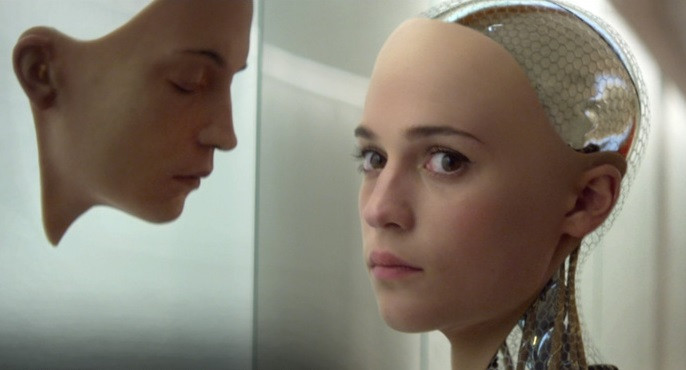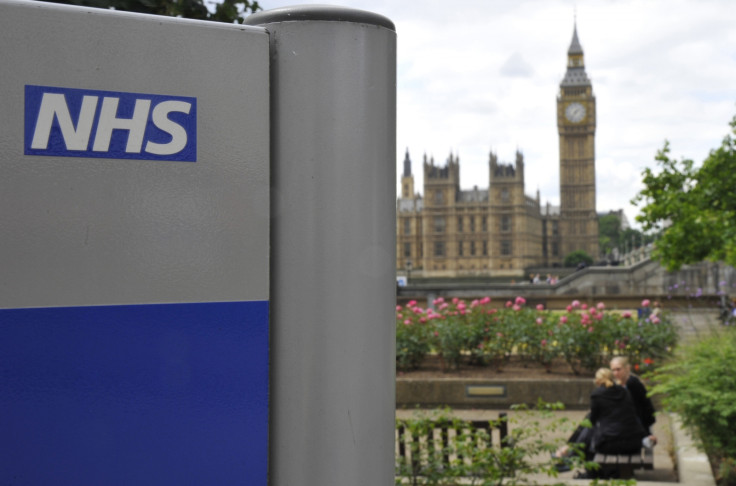Stefan Stern: Forget the rise of the robots, human beings are the world's killer app
"The robots are coming!" goes the cry. Artificial intelligence is getting cleverer all the time. Cars can drive themselves. Big data is everywhere. For the humble human being, things could look a bit bleak. How long before a super-smart robot deploys its AI and decides it can do very well without us, thank you? It would be another case of "analogue switch-off" but this time with more worrying consequences for homo sapiens.
There is always hype surrounding new technology. The evidence suggests we should take some of it seriously.

Two economists from the Martin School at Oxford University, Carl Benedikt Frey and Michael Osborne, published a paper two years ago called The Future Of Employment: How Susceptible Are Jobs To Computerisation?
Their conclusion? Almost 50% of jobs in the US could be automated. If a machine can do it cheaper and at least as well as a human, watch out. It could be your job next.
This is bad news, according to the research, for insurance underwriters and telemarketers. And it is good news for "recreational therapists", "first-line supervisors of mechanics" and for mental health and substance abuse social workers.
This new era, dubbed "the second machine age" by US academics Erik Brynjolfsson and Andrew McAfee, does seem to threaten conventional notions of steady, old-fashioned careers. Maybe that iPhone app really could diagnose your ills as well as a live doctor could.
Perhaps much of the repetitive paperwork carried out by expensive lawyers could be done by machines. Maybe school lessons and university lectures can be delivered on a vast scale remotely. Perhaps this column could have been generated by a dodgy mainframe with a taste for weak puns?
This process of substitution could exacerbate what has already been noticed by some labour economists: the so-called "hollowing out" of the jobs market, which leaves us with relatively few good jobs at the top and loads of not really very good jobs at the bottom, with little in between (I exaggerate a bit.
But then, that is the job of the journalist: "First simplify, then exaggerate," as Geoffrey Crowther, a former editor of the Economist, advised. Try getting a computer to do that well.)
This hollowing-out perhaps explains the chronic poor productivity performance of the UK economy in recent times. Quite a lot of new jobs have been created over the past two years and officially unemployment remains surprisingly low.
But the jobs that have been created – largely basic service sector jobs, some of them part time, few of them highly skilled – do not allow for greatly increased productivity. We will have to do better than that if we want to get richer. As psychologist Frederick Herzberg said: "If you want people to do a good job, give them a good job to do."
Are robots a good or bad idea?
At a conference earlier in March called Names Not Numbers, held on the coast in Suffolk, the Economist's management writer, Adrian Wooldridge, conceded there was something paradoxical about technological change: it made everyday life better for most of us, sometimes powerfully so.
And yet for many people their experience in the workplace was new technology could make life more difficult and, in the worst case, could actually threaten your livelihood. So are robots a good or a bad thing? Well, it depends.
"The robots are coming...but not quickly enough!" says forecaster James Woudhuysen. He is unimpressed by technophobic timidity and urges a quicker uptake of new technology, precisely because it can help raise the productivity of the rest of us.
And if you believe in Schumpeterian "creative destruction", you should not have too much to fear from this new machine age. We must plug in, turn on and adapt (with an adaptor if necessary – I did promise you weak puns).

My personal prejudice, speaking as a horribly late adopter of new technology, is some of the claims made for robots are overdone. There are not always technological solutions to human problems.
I would not have wanted to have studied for my university degree via a Massive Open Online Course, or Mooc.
When I go to see my doctor, I would like to find a real live doctor there waiting for me, and not a computer. I think a living lawyer may judge a situation better than a machine and would thus give me better (if more expensive) advice. And so on.
Human beings are the world's killer app. Technology should be on tap but not on top. We made these machines, and we can (and sometimes should) turn them off again. It is human ingenuity in the end that counts and it is humans that computers should be serving, not the other way round.
All the same, the best careers advice must now be to find something you like doing, that only a human (and preferably only you) can do, and then get better at it, constantly and consistently. That is the way to stop that robot from zapping your job into dust.
Stefan Stern is a business, management and politics writer. He writes for The Guardian and The Financial Times and is a visiting professor at Cass Business School.
© Copyright IBTimes 2025. All rights reserved.






















